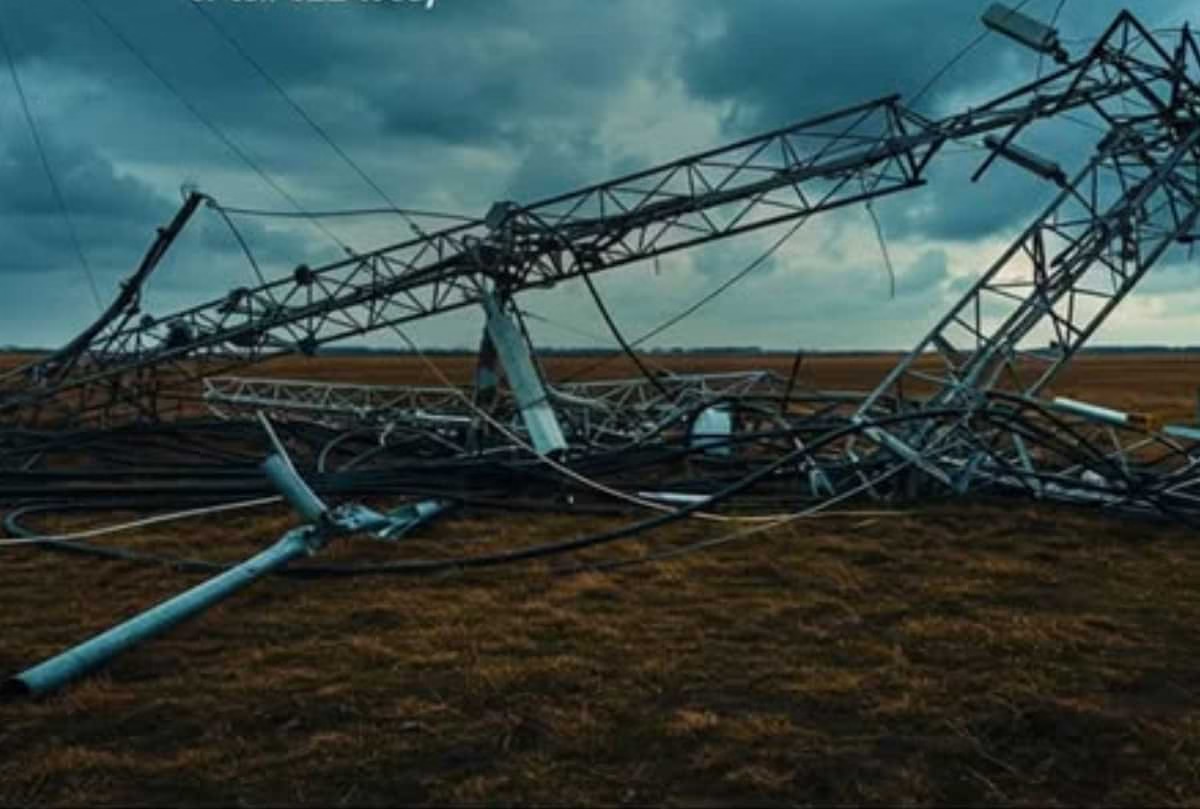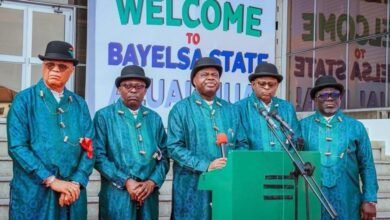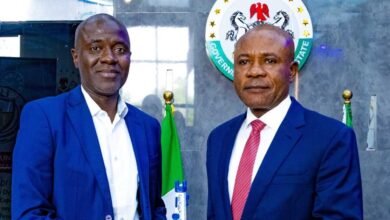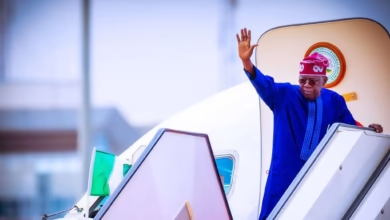
In today’s digital age, Nigeria’s telecommunications sector fuels economic growth and connects the nation to the world. This industry drives the transmission of information across wired and wireless networks, supports internet services, and enables seamless global communication.
To aid in the provision of connectivity are four major network operators providing mobile network services— Glo, MTN, Airtel, and T2 (formerly 9mobile). These telecom companies power Nigeria’s network infrastructure. Some are backed by foreign investors, while others are locally owned, but all face the same challenge: delivering stable service in the face of escalating vandalism.
Telecommunications operators have warned the federal government of a looming collapse in the sector if the surge in vandalism continues. The Association of Licensed Telecommunications Operators of Nigeria (ALTON) expressed deep concern over the growing wave of infrastructure destruction and theft.
According to ALTON, operators are modernizing transmission equipment, overhauling power systems, and laying thousands of kilometers of fiber optic networks. This scale of investment has not been seen in years, with members working around the clock to improve service quality nationwide. Yet, vandalism threatens to undermine these efforts.
The situation is alarming. Yahaya Ibrahim, Chief Technical Officer of MTN Nigeria, revealed that vandalism now occurs over 1,700 times weekly, leading to a ₦5 billion infrastructure loss in Lagos alone, with more than 2,500 fiber cuts last year. In 2025, operators have recorded at least five vandalism incidents daily, up from two before May. A single damaged hub can cripple three or four connected sites.
The attacks go beyond theft. Telecom staff face violence, even with security personnel stationed at sites. In areas like Omoku and Elele in Port Harcourt, Ibrahim described gangs deliberately cutting fiber cables, then demanding payment before repairs.
“We pay, we fix it. Then they cut it again. It’s a cycle,” he said. “At one site, while we were still fixing it, the boys came and told us, ‘When you finish, we’ll still take it.’ And two hours later, they did.”
Some towers have been hit more than 10 times. In Abuja, one site has been vandalized so often that engineers hesitate to replace equipment. IHS Towers, which manages over 16,000 telecom towers in Nigeria, confirmed that vandalism is a major challenge causing service disruptions, soaring repair costs, and long-term damage to service quality.
“These actions can severely disrupt communication services,” the company said.
In June 2024, President Bola Ahmed Tinubu signed the Presidential Order on the Protection of Critical National Information Infrastructure, which designates telecommunications infrastructure as Critical National Infrastructure, thus mandating its protection. The government, through the Office of the National Security Adviser and the Nigerian Communications Commission (NCC) has commenced its operationalisation through ensuring that operators maintain standards, mediation with land owners and state governments, collaboration with stakeholders and even enforcement when necessary.
In similar light, the Attorney General and Minister of Justice Lateef Fagbemi, SAN, during a workshop of Attorneys General of States hosted by the NCC called for collaboration among the three arms of government to protect telecom infrastructure and strengthen industry regulation. He stressed that the loss of infrastructure, particularly in conflict-prone regions, has become a national emergency requiring urgent, coordinated action.
“It is critical that the three arms of government cooperate to address these issues and ensure improved regulation of the communications sector for enhanced socio-economic development. The legislature must review and strengthen laws to protect infrastructure. The executive must enforce these laws. And the judiciary must ensure offenders face the full weight of justice,” Fagbemi said.
Nigeria’s digital future depends on decisive action. The protection of telecommunications infrastructure is not just a technical necessity, it is a national security imperative. Every stakeholder, from policymakers to communities, must unite to safeguard the networks that keep the nation connected.




